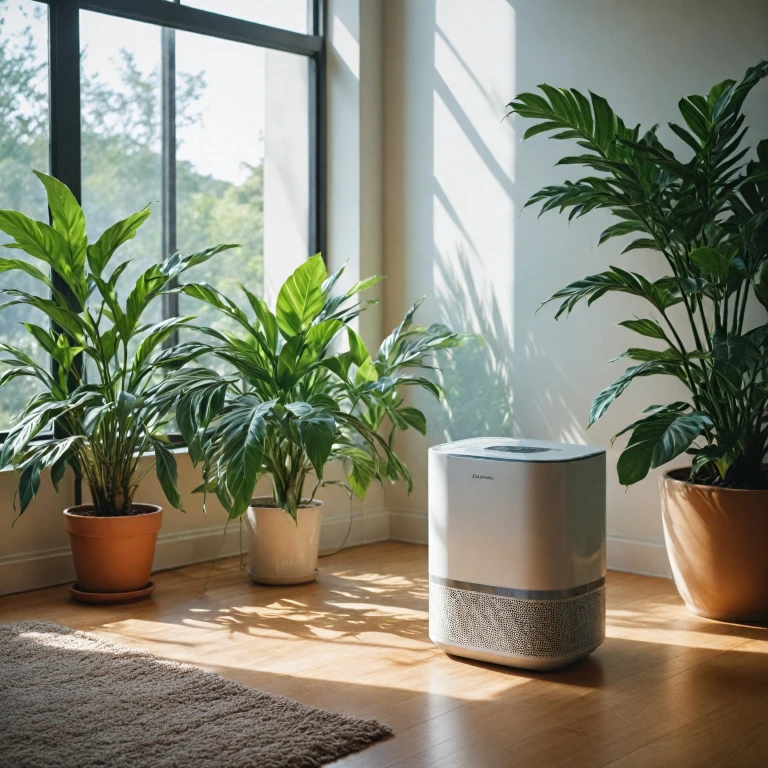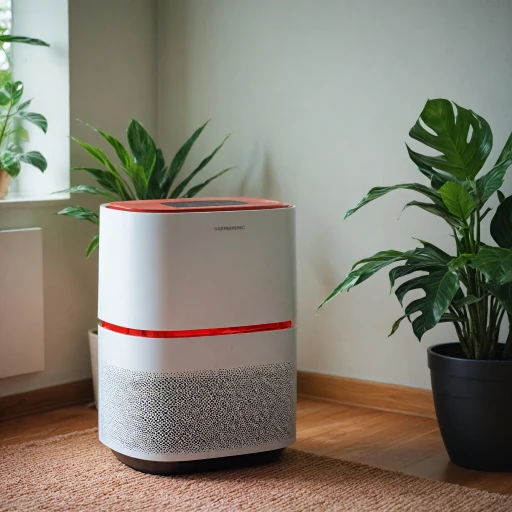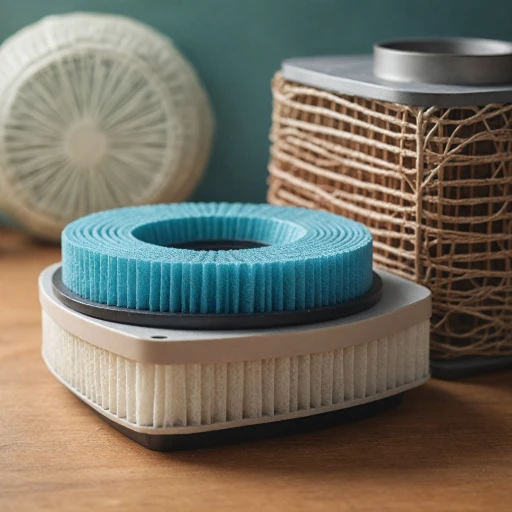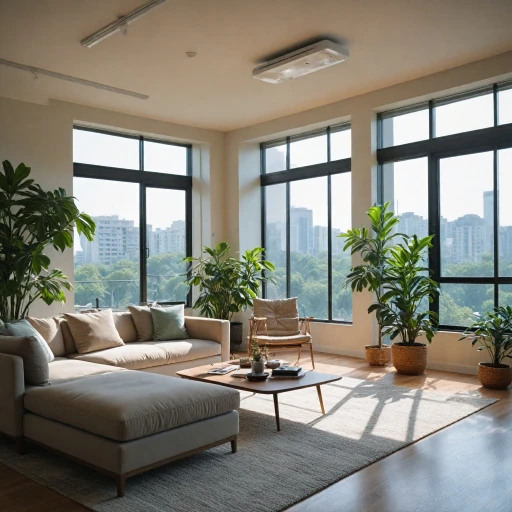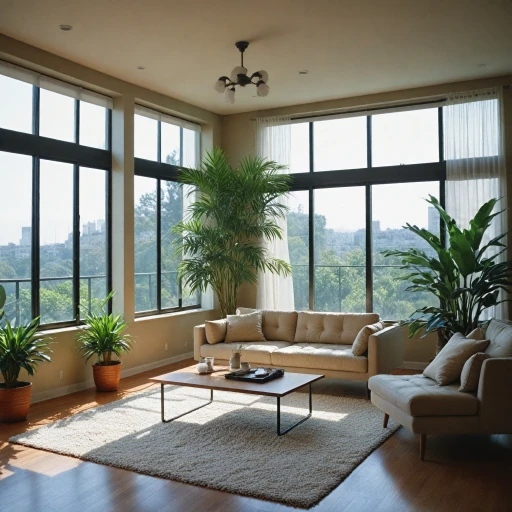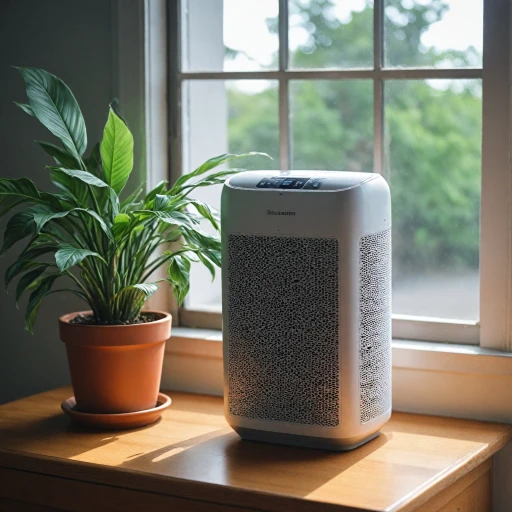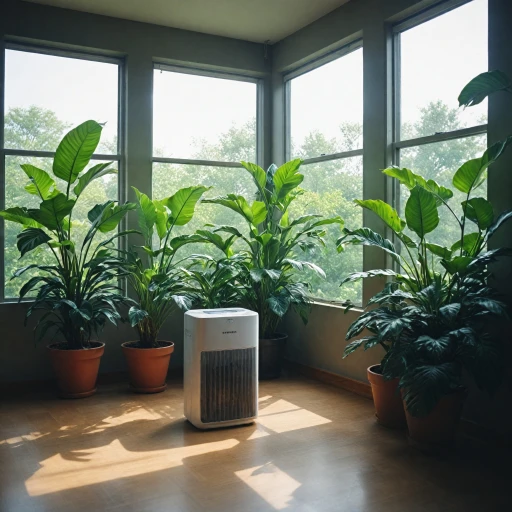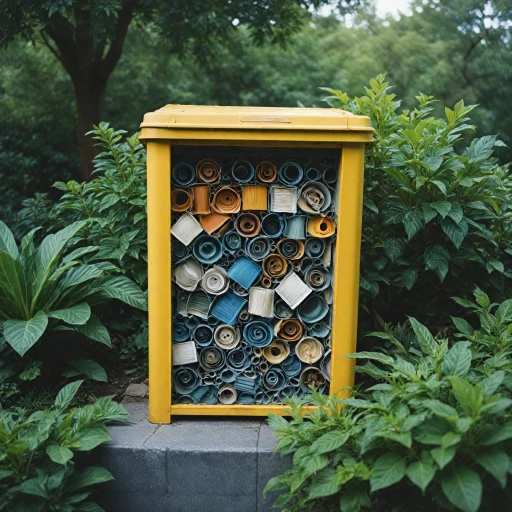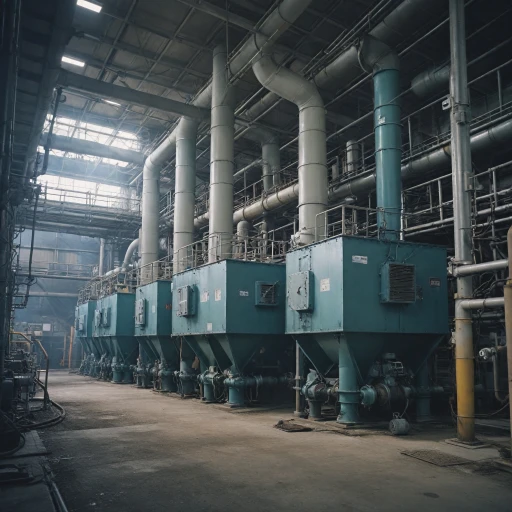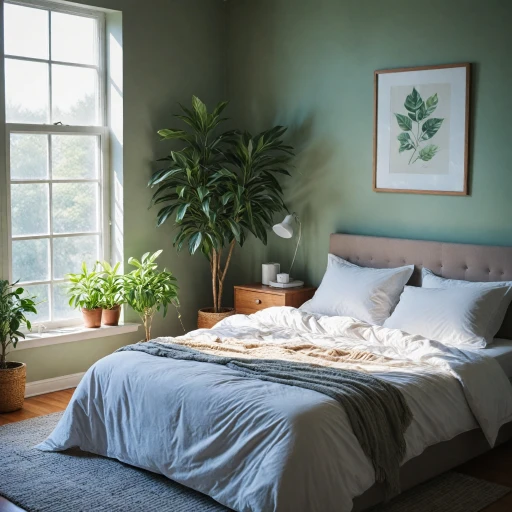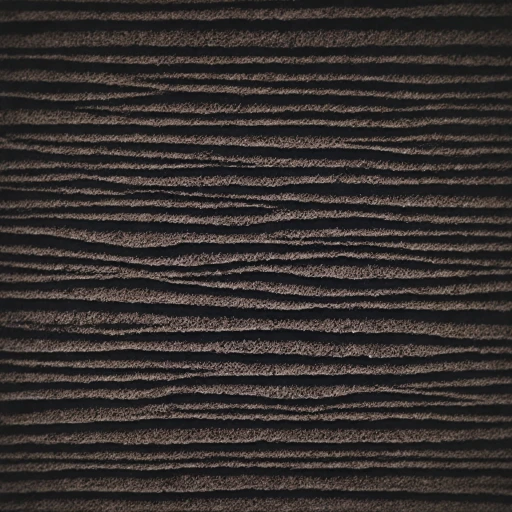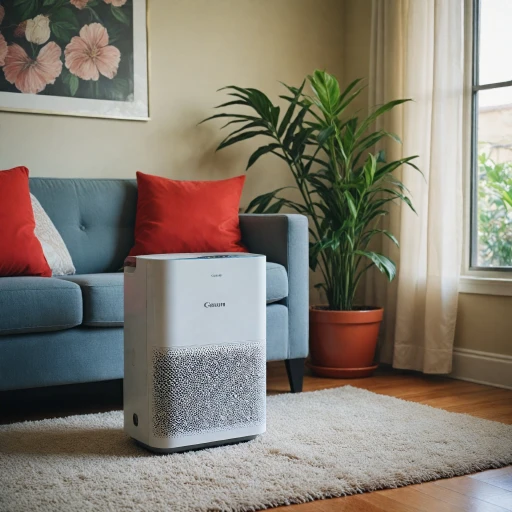
What is a HEPA Filter?
Decoding HEPA and Its Role in Clean Air
The term HEPA filter often surfaces when discussing air purifiers, but what exactly does it mean? Standing for High Efficiency Particulate Air, a HEPA filter is a critical component in removing fine particles from the air. These filters are designed to capture at least 99.97% of particles as small as 0.3 microns, including dust, pollen, mold, and bacteria, making them vital in maintaining indoor air quality. HEPA air filters are prevalent thanks to their efficiency in trapping pollutants. They come in various models and sizes to fit different purifier units, and their effectiveness lies not just in their ability to filter but also in their construction. A true HEPA filter typically consists of densely arranged fibers that trap particles passing through. Some models also incorporate additional stages, such as carbon filters, to address odors and volatile organic compounds. Understanding what a HEPA filter does is essential, especially when considering its price and value. Some filters may include terms like "HEPA-type" or "HEPA-like," which might not meet the stringent standards of a true HEPA filter. Therefore, when investing in an air purifier, ensure you choose a replacement filter that claims true HEPA compliance. It's important to note that a HEPA filter's performance can degrade over time, necessitating regular replacement to maintain optimal air quality. Regular checkups will help you determine when it's time to consider a hepa replacement. When buying replacement filters, always compare unit price, sales, and pack deals to find the best option for your purifier model. For more insights into the implications of filter replacement and maintenance, Understanding the Importance of Replacing Your Pur Air Filter offers comprehensive guidance.Signs It's Time to Replace Your HEPA Filter
Recognizing When Your HEPA Filter Needs a Change
HEPA filters are essential components of air purifiers, capturing particles as small as 0.3 microns. However, over time, these filters can become clogged, reducing their effectiveness. Here are some signs that indicate it's time for a replacement:
- Decreased Airflow: If you notice a significant drop in airflow from your air purifier, it might be due to a clogged filter. This can cause the unit to work harder, leading to increased energy consumption and wear.
- Unpleasant Odors: A stale or musty smell coming from your purifier could mean that the filter is saturated with particles and needs replacing. This is especially true if your model includes a carbon filter, which can absorb odors.
- Visible Dust and Particles: If you see dust accumulating on surfaces despite regular use of your air purifier, the filter might not be capturing particles effectively anymore.
- Indicator Lights: Many modern air purifiers come with indicator lights that alert you when it's time for a filter replacement. Pay attention to these signals to maintain optimal performance.
Regular maintenance and timely replacement of HEPA filters ensure that your air purifier continues to function effectively. For more insights on maintaining your air quality devices, you might find this guide on filter replacement in humidifiers helpful.
How Often Should You Replace Your HEPA Filter?
Determining the Right Replacement Schedule
Regular maintenance of your air purifier is key to ensuring it continues to effectively filter harmful particles from the air. This involves knowing when it's the right time to replace the HEPA filter. A good rule of thumb often advocated by many air purifier manufacturers is to change the HEPA filter every 6 to 12 months. However, this time frame can vary based on several factors such as the model of the purifier, the air quality in your home, and how frequently the purifier is used. Keep in mind that some air purifiers come with a combination of filters, including a pre filter and a carbon filter. These might have different replacement schedules. It's essential to check the user's manual included with your purifier unit or consult with customer service for the specifics on your model. For those using their purifiers in environments with high levels of pollutants or allergens, such as near a busy road or in a home with pets, it may be necessary to replace filters more frequently. Some air purifiers have indications, through an indicator light, alerting when a filter replacement is due. Factors influencing HEPA filter's longevity:- Frequency of Use: Continuous operation can lead to quicker clogging of filters.
- Environmental Conditions: Filters in high pollution areas tend to need replacement more often.
- Quality of Pre-Filter: A good quality pre filter can extend the life of a HEPA filter by capturing larger particles before they reach it.
Steps to Replace Your HEPA Filter
Guide to Replacing Your HEPA Filter
Regular maintenance of your air purifier can make a world of difference in maintaining effective air quality. Here's a step-by-step guide to replacing your HEPA filter, ensuring your unit operates at optimal levels.- Identify the Right Replacement: Before purchasing a replacement filter, ensure you're selecting the correct model for your air purifier. Check the unit's manual or model number for precise details. Various options, such as true HEPA or HEPA-like filters, can affect performance and price.
- Gather Necessary Supplies: Depending on the air purifier, you may need certain tools or items, like a screwdriver or a new pre-filter to accompany the HEPA filter. Often, replacement filters come in a pack that includes carbon filters as well, so ensure you have all components ready.
- Power Down Before Starting: Always unplug the air purifier before initiating any replacement tasks. This prevents electric shocks and ensures your safety while working on the unit.
- Accessing the Filter Compartment: Typically, filters are located behind a removable cover on your air purifier. Remove this cover carefully, following any specific instructions provided by the manufacturer.
- Remove the Old Filter: Gently take out the existing HEPA filter from its compartment. Pay close attention to any particles or dust that may be released during the process, and dispose of the used filter according to local regulations.
- Install the New Filter: Position the new HEPA filter properly within the compartment, ensuring it fits snugly. If a pre-filter is included, place it correctly as well.
- Reassemble the Air Purifier: Once the filter is securely installed, replace the cover of the filter compartment. Ensure all components are tightly sealed to prevent air leaks.
- Perform a Function Check: Plug the unit back in and switch it on. Listen for any unusual noises and ensure that the airflow feels unrestricted. This step confirms that the installation was successful.
Choosing the Right Replacement Filter
Selecting an Ideal Replacement Filter for Your Air Purifier
When it's time to replace your HEPA air filter, choosing the right replacement filter is crucial to maintaining effective filtration and air quality. There are a few key factors to consider when selecting a replacement filter.
- Model Compatibility: The first step is ensuring the replacement filter is compatible with your specific air purifier model. Most purifier units have a designated HEPA filter model number that matches with available replacement filters.
- HEPA and Pre-Filters: While a true HEPA filter captures the fine particles, some purifiers also use a pre-filter to trap larger particles and extend the HEPA filter's lifespan. Double-check if your purifier requires a pre-filter, this can enhance performance and longevity.
- Additional Filters: Some air purifiers include a carbon filter layer to absorb odors and volatile organic compounds. Consider if you need an all-in-one option, often available in a combo pack, that includes both HEPA and carbon filters.
- Filter Grade: True HEPA filters capture 99.97% of particles as small as 0.3 microns. Ensure the replacement specifies this high standard.
- Price Considerations: Replacement filters come in differing price ranges; consider the long-term benefits of choosing high-quality filters over inexpensive counterparts. Some retailers offer price reductions, free shipping, or sale price packs that can provide significant savings.
- Purchase from Reputable Sources: To avoid counterfeit products, purchase replacement filters from reputable retailers or directly from the manufacturer's website. This ensures quality and that the filter meets the specifications for your unit.
Regular filter replacement is vital to ensure your air purifier maintains its performance and sustains a healthy indoor environment. While it may seem tempting to delay this maintenance task, the benefits you'll receive in air quality make it worthwhile.
Benefits of Regular HEPA Filter Replacement
The Advantages of Timely HEPA Filter Replacement
Replacing your HEPA filter regularly is crucial to maintaining the efficiency of your air purifiers. Here's how consistent replacement can be beneficial:- Enhanced Air Quality: By swapping out used filters, you ensure that your HEPA air purifier continues to capture airborne particles and allergens effectively. New filters work better at trapping pollutants, helping to keep the air in your space cleaner and healthier.
- Prolonged Purifier Lifespan: Regular replacement of HEPA filters and pre-filters reduces strain on the purifier unit. This maintenance can prevent wear and tear, thereby extending the life of your air purifier.
- Efficient Performance: A fresh filter allows the purifier to function with maximum efficiency, preventing the circulation of dust and debris. It maintains the airflow quality, ensuring that the air purifier operates without unnecessary pressure or energy expenditure.
- Reduction in Energy Costs: By keeping filters in their prime condition, your purifier uses less energy, which can lower utility bills. An efficient unit doesn’t strain to cleanse the air, thereby maintaining reasonable energy consumption.
- Cost-Effective Maintenance: While replacement filters have a price, regular maintenance may help you avoid costly repairs or replacements of the entire purifier in the long run. Buying filters in packs or during sales can often yield significant savings. Additionally, some providers offer free shipping on replacement filter purchases, further enhancing cost-effectiveness.

